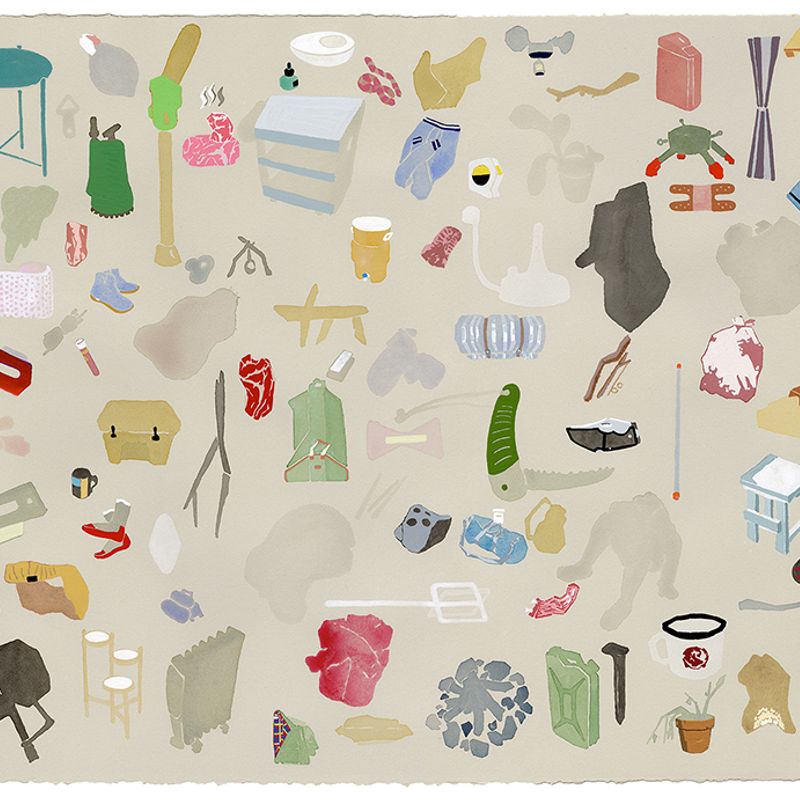Seventeen Ways of Looking at a Crime
by Emily FranklinFor John M
1) Of course you didn’t do it or
2) You didn’t mean to and
3) your brother shoplifted that bottle opener without knowing its use while
4) your
grandfather slipped albums underneath his peacoat and then felt too guilty to play them
5) Thank God you are a minor and/or
6) The DA did not pursue because
7) You could not defend
yourself (big enough, yes, but verbal, no) coupled with what she calls illegitimate memory, shape-shifting details
8) So, in light of these
findings we
9) Release him home (yard, porch
mucked with wet leaves, deflated soccer balls, lost Frisbee body unearthed in March)
10) You will be fine
11) or this will never end and we will spend all days (part, some, all—
a hummingbird dart of wonder at least) querying items 1 or 2 or
12) You did it. And now what? Ensure comprehension? Trust
therapy? Cage you in some form of item 9?
13) No. What do you recall? Rosehip lotion/slack-jawed
leeks/guitar string used to dry garlic, not what occurred in the room itself
14) Who you were before or
are still now
15) after or now whichever is easier to say
16) which is to say
how can you know and just what would it change? Four years old you screamed at the ocean,
desperate to inform each surf slap on sand—afraid each wave was the last. What did you scream?
Do you remember?
17) Come back come back come back.

